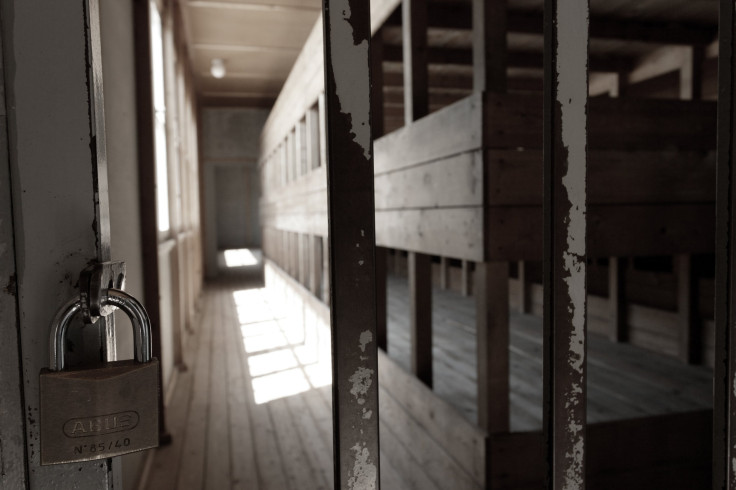Mentally Ill Inmates Punished With Solitary Confinement Rather Than Getting Proper Treatment

The jail on Rikers Island in New York City — situated in the East River between Queens and the Bronx — appears to have a growing number of mentally ill inmates. And instead of receiving proper treatment, they are most likely sent to “the hole,” or solitary confinement, as punishment for breaking jail rules, a new study says.
A report released by the independent watchdog panel Board of Correction has revealed that 40 percent of the 12,200 inmates at Rikers Island are mentally ill. One-third of those with a mental illness suffer from schizophrenia or bipolar disorder. The report found that out of the 800 inmates in solitary confinement, about half of them have mental illnesses. Prisoners are sent to solitary confinement as a punishment for breaking jail rules, and those with mental disorders are more likely to disobey rules, making them more prone to be locked up in isolated cells. The study also found that there were about six inmates who spent more than 1,000 days in “the hole.” The study was obtained by the Associated Press through the Freedom of Information Act (FOIA), which allows government information to be made available to the public.
The issue of mentally ill inmates has been a battle for the Department of Correction (DOC) for years. Back in 2011, the department reported that even though the number of inmates at Rikers Island was decreasing, the number of those who were diagnosed with a mental illness had reached an all-time high. “Even as New York City’s jail population reaches historic lows, the number of mentally ill people in jails has ballooned, turning Rikers Island into a virtual psychiatric ward run by the Department of Correction,” Maura R. O’Connor wrote in the New York World in February 2013. As the mentally ill at Rikers Island are involved in around half of all jail incidents, including assaults on corrections officers, they are prone to being sent to solitary confinement as punishment.
The huge increase of the number of mentally ill in prisons has been rampant in the rest of the nation as well. “The nation’s jails and prisons have become…mental hospitals over the past half-century, in large part as the after-math…of the de-institutionalization of people with mental illness,” the authors of the Board of Correction report wrote. And since 2009-10, the number of punitive segregation units in NYC jails has grown — Rikers now has hundreds designated for solitary confinement compared to the dozen it had in 1990.
The authors argue that DOC’s use of solitary confinement violates NYC’s Mental Health Minimum Standards, and believe that it can make the inmates’ mental health problems even worse. “Since prolonged solitary confinement can cause symptoms of mental illness to appear even in previously healthy individuals, we strongly recommend against imposing it as a punishment for a predetermined duration even on those inmates not deemed to be mentally ill,” Dr. James Gilligan, a psychiatrist at NYU and lead author of the study, said in a statement. Bonnie Sultan, a sociologist and criminal justice expert, told the New York World that “what we’re seeing is the system is further debilitating these people.”
However, some in the city's Correction Department believe placing certain inmates in solitary confinment is necessary. Meanwhile, Correction Commissioner Dora Schriro told the Associated Press that the department was addressing the issue by using non-solitary forms of punishment and also opening new dorm units for mentally ill prisoners. “It was [the Correction Department] who saw this striking growth in the percentage of mentally ill in the jails and we rang the bell,” Schriro said.



























